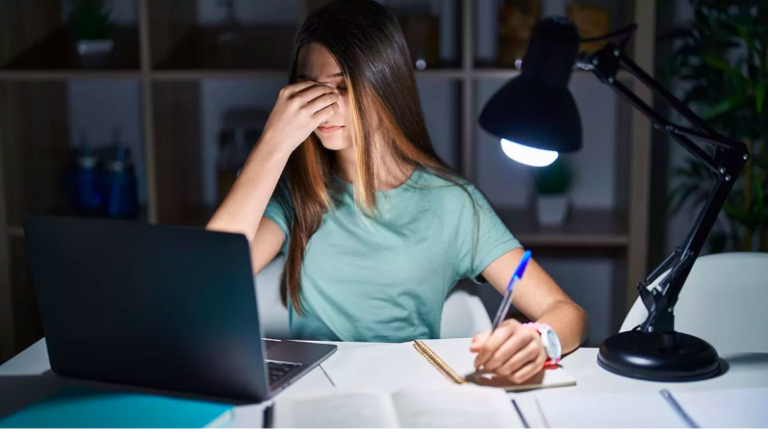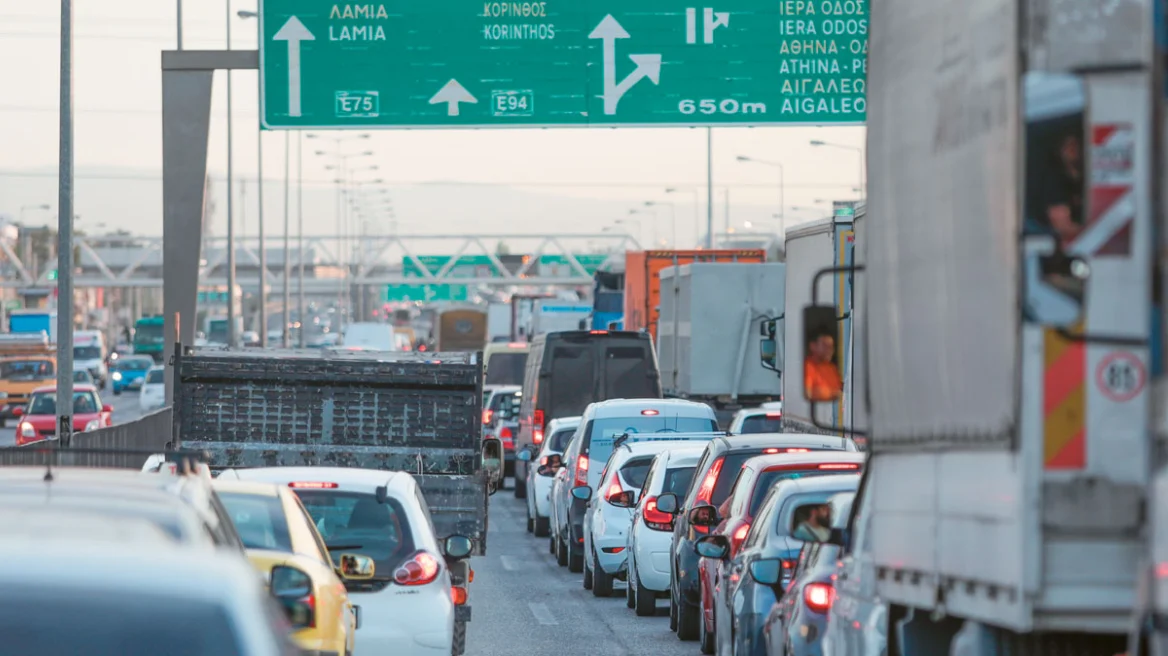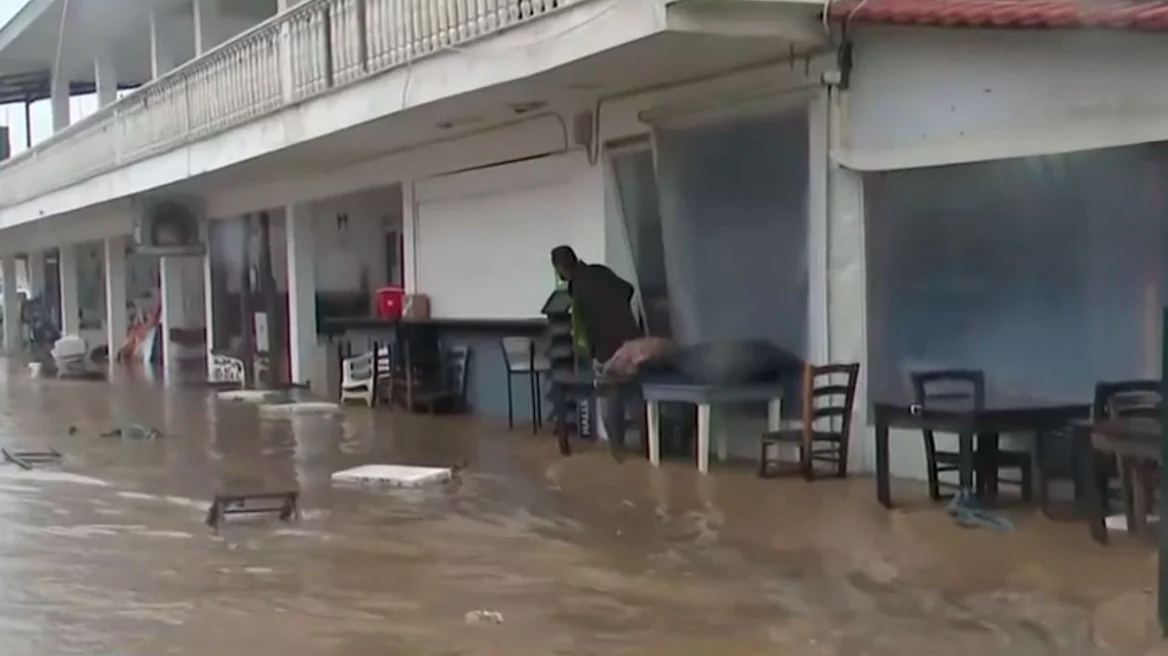Alarming trends are emerging in the mental health of children and adolescents, particularly linked to school pressures and insufficient support systems. According to the latest World Health Organization (WHO) report, only 68% of teens report feeling strong family support—a notable drop from 73% in 2018. Peer support has also declined, slipping from 61% to 58%. Meanwhile, academic pressures have risen sharply, especially among teenage girls. Nearly two-thirds of 15-year-old girls (63%) report feeling overwhelmed, compared to 54% in 2018, while boys report an increase from 40% to 43%.
These trends impact the wellbeing of millions of adolescents globally, particularly older teens and those from lower-income families. Only 62% of teens from less privileged backgrounds report strong family support, compared to 71% of their more affluent peers. Similar disparities appear in peer and classmate support, with only 53% and 52% of less affluent teens receiving adequate support, respectively, compared to 62% and 58% among wealthier teens. Interestingly, girls continue to report stronger peer support (62%) than boys (55%).
The findings, drawn from data on 279,117 children and adolescents aged 11, 13, and 15 across 44 countries in Europe, Central Asia, and Canada, emphasize the need for systemic action. WHO experts urge addressing social determinants of health as part of a comprehensive strategy to support youth. Coordinated efforts at national, regional, and community levels are necessary to foster supportive environments and combat inequalities.
Girls Face Greater Challenges
Gender differences extend beyond support systems, influencing everyday interactions. Fewer girls than boys find it easy to talk to their parents about personal concerns, with the gender gap more pronounced in communication with fathers (62% of girls vs. 78% of boys) than with mothers (81% vs. 86%).
Dr. Irene García-Moya, a co-author of the report, explains: “Girls often navigate competing expectations of academic excellence and traditional social roles, while boys may feel pressured to appear strong and self-reliant, discouraging them from seeking support.”
Dr. Natasha Azzopardi-Muscat, Director of Country Health Policies and Systems at WHO/Europe, adds: “These findings highlight a widening gap in support structures for adolescent girls, who not only face greater school-related pressures but also experience less support from families and educators compared to boys.”
Call for Coordinated Action
WHO experts advocate for targeted policies to improve adolescent wellbeing, emphasizing support for low-income families, inclusive school environments, and reduced academic pressure. Community-level interventions should address socio-economic disparities and empower teenage girls through dedicated programs. Pandemic recovery efforts must also prioritize the mental health of youth. Importantly, young people’s participation in decision-making is crucial to effectively tackle challenges they face at home, school, and in society.
Ask me anything
Explore related questions





